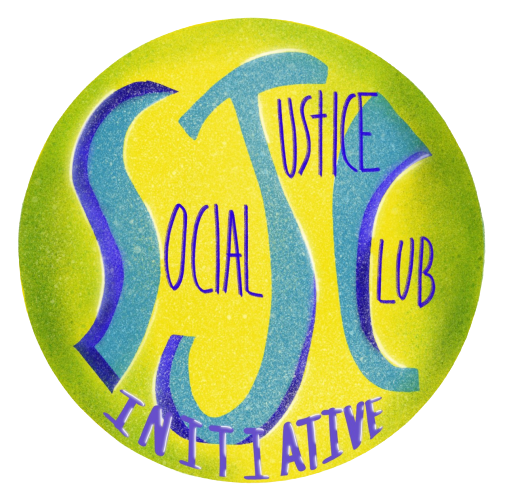Protecting the planet
Summary
Subject(s): Protecting the Planet
Topic or Unit of Study: Lesson 3 and 4
Grade/Level: 4/5
Objective: To educate the students about the environment and how it relates to achieving social justice
Time Allotment: 1 hour
Implementation
PART I
Game: tag (10 minutes)
Introduction: Social justice is a concept of fair and just relations between the individual and society (15)
How does this apply to the relationship between humans and the environment?
Is this relationship always just or fair?
Give some examples of injustices you know of that have been done to the natural world. What can you do to right these wrongs?
Video (5 minutes)
Discussion: (15 minutes)
What do you think of the video? What is it saying? Do you agree?
Why should we protect the environment?
How does protecting the planet connect to the overarching theme of social justice?
Why is the environment important to you?
Resources
Separate from society - provides a sanctuary
It’s our home - climate refugees (in 2008, 200 million people were displaced by climate change)
Activity: What would the world look like if we slept for 100 years? Draw/write/act possible scenarios then share with the group. This will help you to envision new possibilities for more sustainable relations with nature. (20 minutes)
Journal: (10 minutes)
What can/will you do now that you have a deeper understanding of the dangers that face the environment?
*In coastal regions, fertilizer, manure and sewage pollution cause algal blooms and when the algae decompose oxygen is sucked out of the water. However, in some places, the algae can lead to more food for fish and increase catches around the dead zones.
*Arctic shifting
PART II
Game: outside (10 minutes)
Questions: (10 minutes)
When you were younger, what did the earth look like?
In what ways has the natural world changed in the last couple years? What has contributed to these changes?
How do you see the world you will live in as adults? Is this a place you necessarily want to live in?
In groups: how do environmental issues affect humans? How have you worked to protect the environment? In what ways would you like to see a change in the world you live in? (15 minutes)
List ways they can participate responsibly in their community (recycling, litter pick-up, planting trees/flowers, etc.)
Brainstorm service project ideas for the future
Video (3 minutes)
Discussion: What is the relationship between pollution and privilege? How polluted is the area you live in? How polluted are other areas of KC? What are some examples of injustice in terms of natural resources in KC? Is it our responsibility to fix the mistakes of past generations? (10 minutes)
Water pollution
Missouri River
chemicals (pesticides/ insecticides), agricultural runoffs
90% of US urban streams contain concentrated pesticides that hurt aquatic life
Air pollution
northeast KC and downtown
High population of respiratory patients
KC is 5th on the list of cities to be affected by climate change - flood, drought, warming, deforestation and destruction of habitats force humans into contact with animals, leading to diseases
What human activities contribute to climate change? What can we do?
Fossil fuels, greenhouse gases
Energy efficient, eat less meat, recycle, conserve water, walk to place instead of driving
Ending inspirational video (3 minutes)
Journals: draw a picture of a place you like to be outside and write why you feel at peace in this place (10 minutes)

